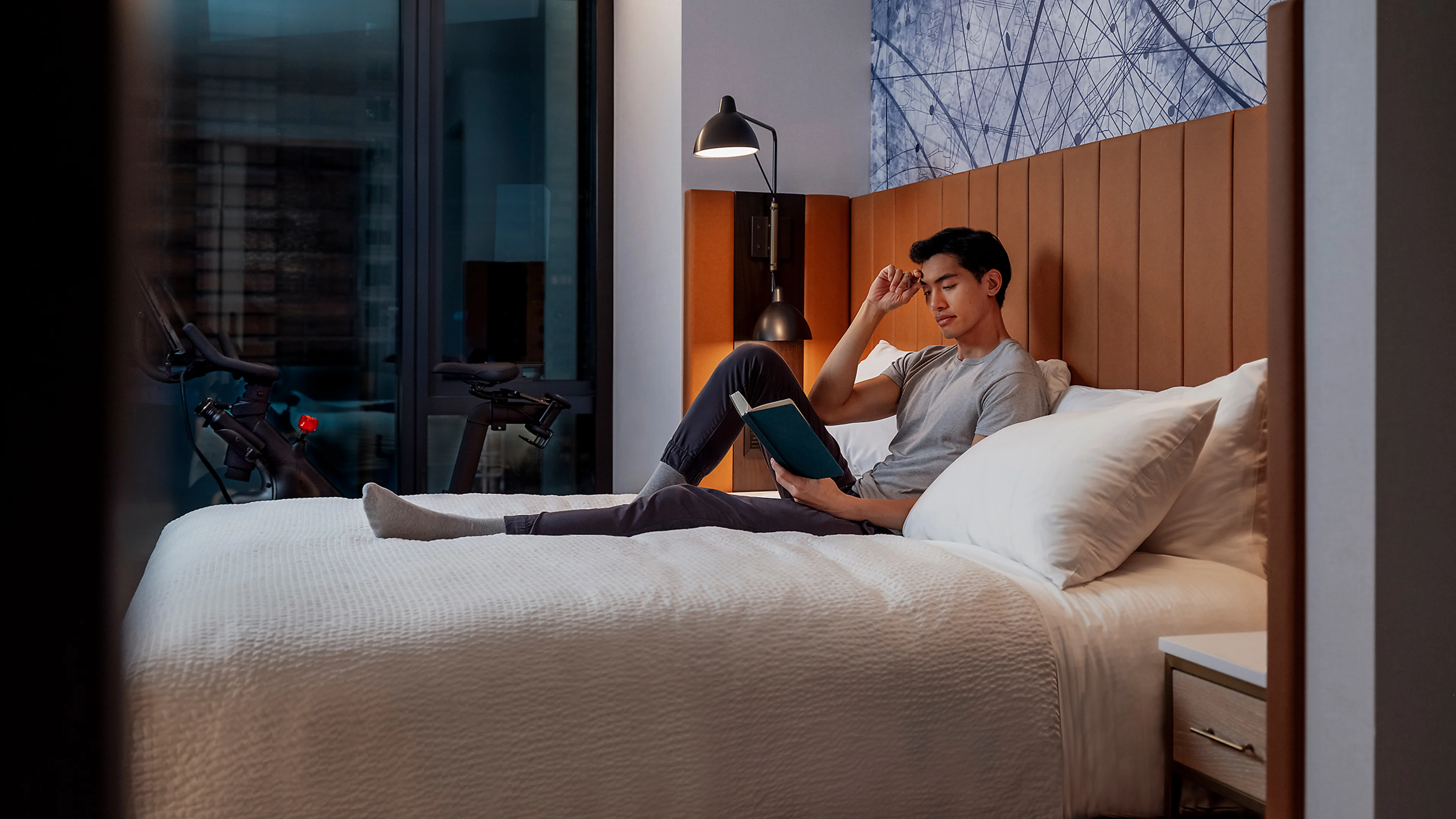Set on a serene campus featuring adobe walls and eucalyptus trees, Canyon Ranch Tucson offers a unique travel experience. This Arizona property is credited with creating the wellness resort concept. But one of its latest trendy offerings isn’t focused on the top-notch spa, excellent cuisine, or hiking trails that tend to get raves from well-heeled travelers.
Rather, it’s a multiday immersion trip focused on the experience of, well, doing nothing at all. The Mastering Sleep Retreat, which started in 2022, offers guests the chance to attend lectures about how supplements and exercise impact their rest; get sleep assessments and overnight monitoring from board-certified physicians, registered nurses, and dietitians; and learn science-backed strategies to overcome stress and strain and get on a better sleep cycle at home.

The experience is one example of the current boom in sleep tourism, which has been fully embraced by luxury boutiques and industry giants including Hilton and Marriott. Overlapping with the ever-expanding wellness industry, sleep tourism is a $640 million global market that may top $1 billion by 2028, according to HTF Market Intelligence estimates.
Park Hyatt properties offer sleep suites furnished with Bryte smart beds, whose AI-powered mattresses purport to “unlock restorative sleep.” At Kamalaya Koh Samui resort in Thailand, guests can indulge in traditional Chinese medicine as well as IV therapy and hyperbaric oxygen and ozone treatments. Even mattress maker Hästens opened up a Sleep Spa hotel in Portugal in 2021.
The extended deadline for Fast Company’s World Changing Ideas Awards is this Friday, December 13, at 11:59 p.m. PT. Apply today.
